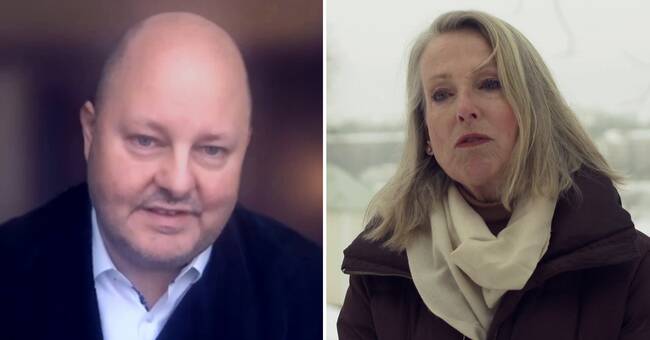The government is vague in the media support ordinance when they refer to "high-quality editorial content", according to the Swedish Press, Radio and Television Authority.
In order to have a basis for distributing media support, the authority wants to be more specific, which they are now proposing in a proposal for a regulation.
- We want as clear guidelines as possible, and we have not received clearer than this.
Then we must interpret them, says Charlotte Ingvar-Nilsson, Director General of the Swedish Press, Radio and Television Authority.
In the authority's own definition, they have equated "high quality" with "responsibility", which they in turn believe is not, among other things, to disseminate incorrect information, mislead about science, or encourage crime.
"Difficult to review content"
Thomas Mattsson, CEO of Tidningsutgivarna, believes that increased clarity about who is awarded media support is welcomed by the media companies.
- But it is very difficult to review content.
And establishing what is responsible journalism, what is incorrect information, or misleading content, is not an easy thing to do, says Thomas Mattsson.
Should an authority define what constitutes good journalism?
- In principle, you can definitely question it.
I can also state that we do not stop newspapers from being published, but we do discuss the support we should give to these newspapers.
It is a completely different matter, says Charlotte Ingvar-Nilsson at the Swedish Press, Radio and Television Authority.
The interpretation is already in use
So far, it is a proposal, which is now out for consultation with a large number of actors.
But Charlotte Ingvar-Nilsson believes that in practice this interpretation of the media support ordinance has already been made.
- We rejected an application on this very basis, where we could see that it was consistently characterized by non-scientific articles, she says.

